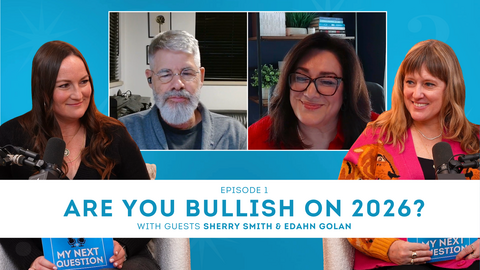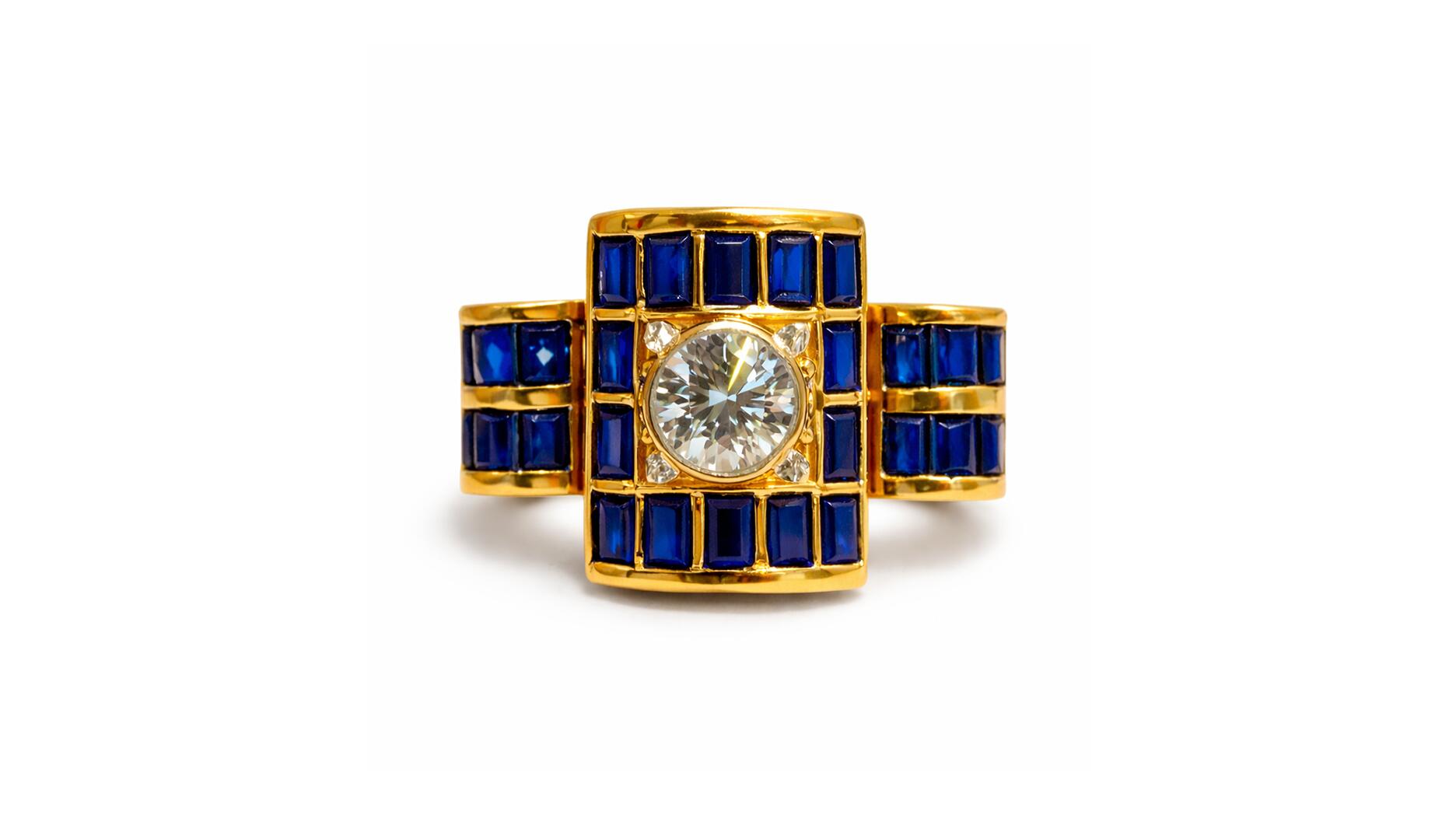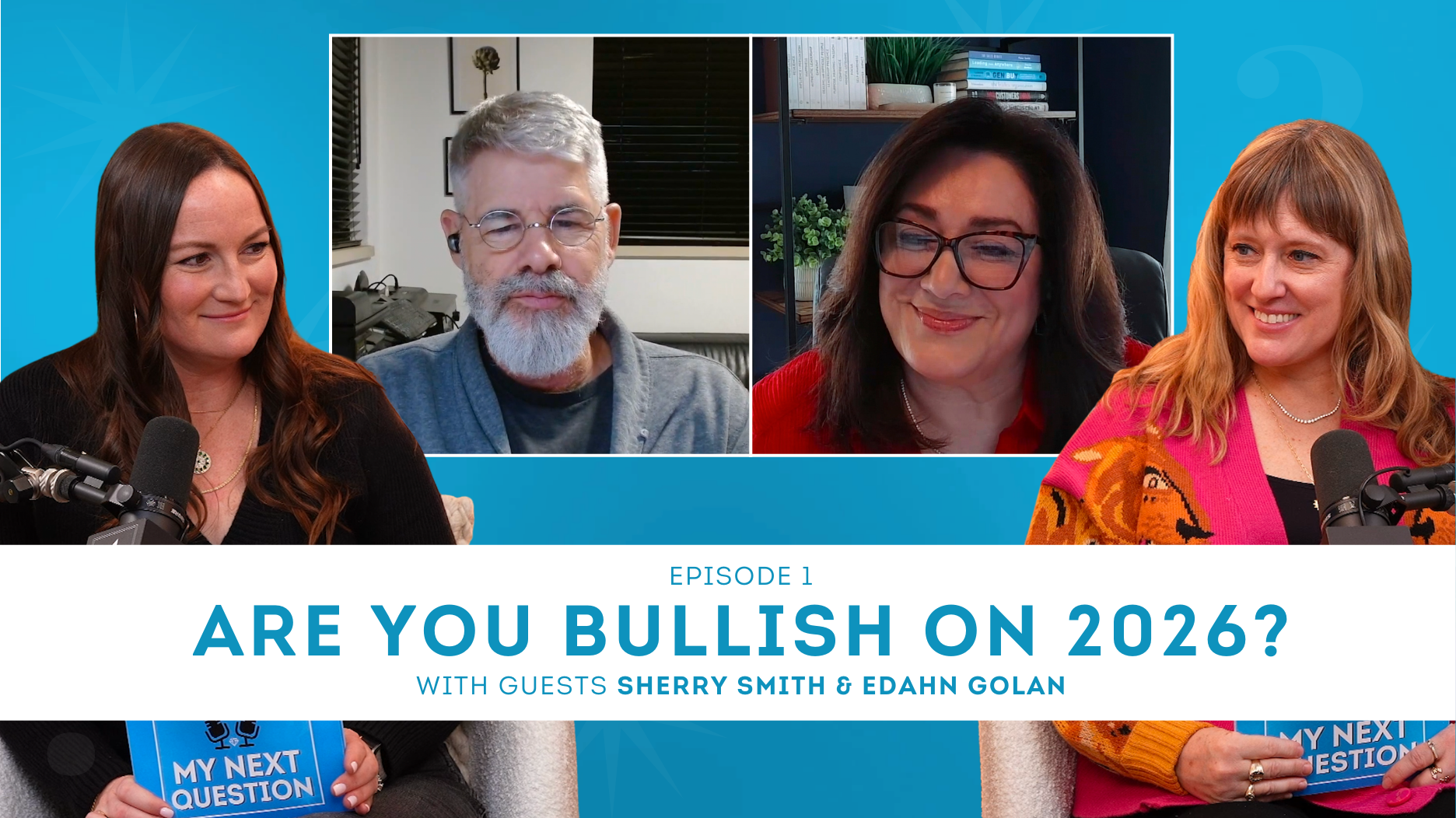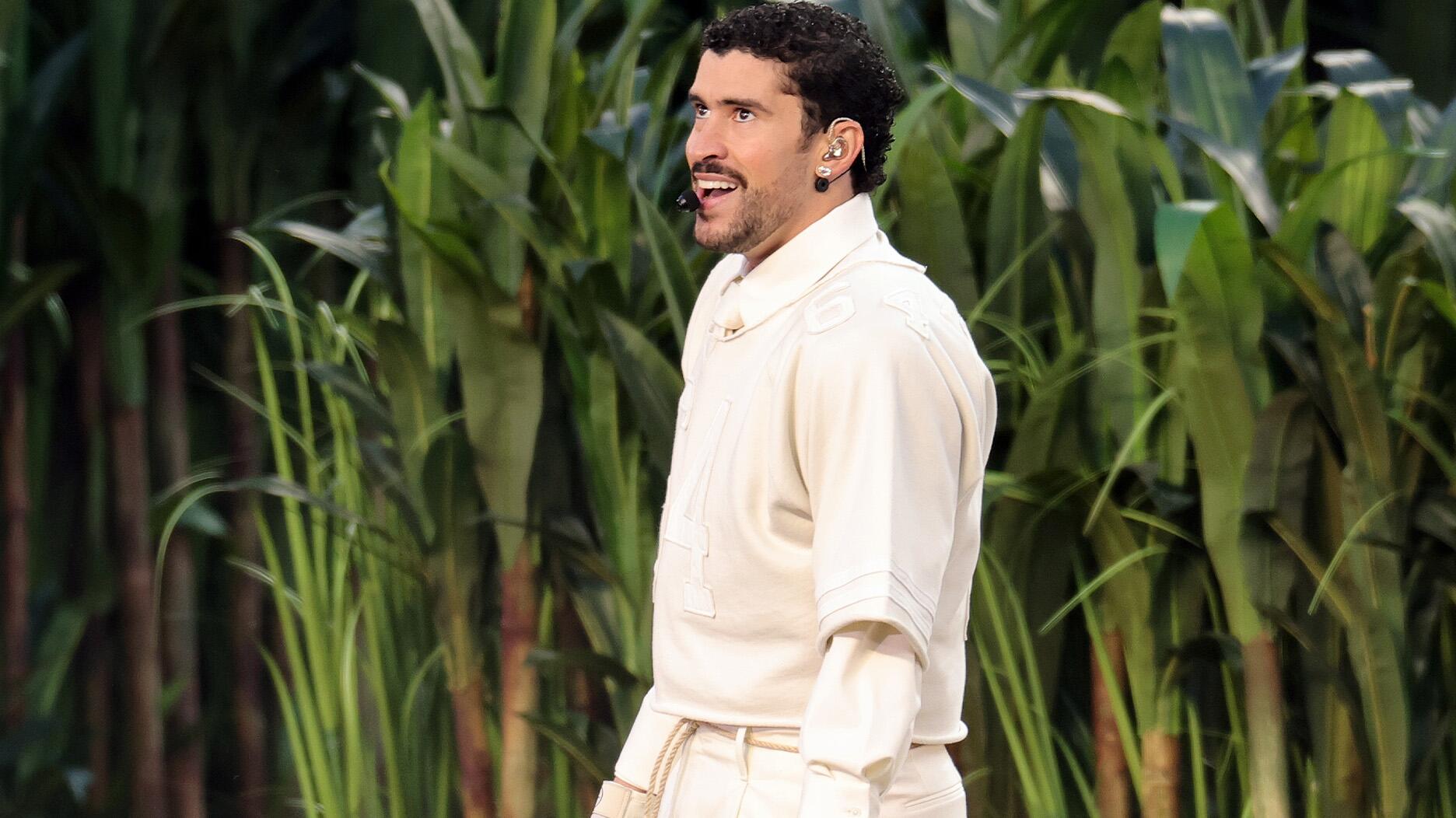The clothing and accessories chain announced last month it would be closing all of its stores.
The PR Adviser: Dear Lilian …
In a continuation of last month’s column, Lilian Raji gives a jewelry designer with new collections two hard-and-fast rules for connecting with editors.

Have a question for Lilian? Email her at nationaljeweler@lmrpr.com.
---------
Hi Lilian,
I just read your article about finding a jewelry product photographer and I think it is one of the best and most entertaining articles! Thank you for your guidance. I have a question about PR and properly approaching magazine editors in general. Although I have been in the industry a long time, I am launching two collections--one is 18-karat gold/diamond and one is cause jewelry for bullying awareness. I have two separate websites but need exposure. I have no budget to hire a PR team. How would one “emerging” designer get help and, with a zero budget, be in touch with editors? Thank you for any resources or recommendations!
Best Regards,
Alison Nagasue
Dear Alison,
When we left off, you were getting some fabulous photography and figuring out what spectacular, intriguing, death-defying, miraculous story you have to tell press to make them take notice of your jewelry collection. How’s that coming, love?
Have you considered what inspires your jewelry-making? Have you examined your frame of mind when you sat down to make a particular piece?
Were you angry at your significant other and channeled that anger into a pair of spectrolite drop dagger earrings? Were you just falling in love with your future matrimonial mate and allowed Cupid to guide your hands into making a necklace with alternating ruby hearts and emerald-tipped arrows?
Did you finally stand up in your work cubicle, scream at the top of your lungs “I’m mad as hell and can’t take it anymore!,” storm out of your office building and walk into your design studio to create a ball-and-chain motif charm bracelet?
What passion went behind creating your jewelry?
The pursuit of luxury is a passionate affair, and jewelry is one of the most luxurious things we own. If you haven’t yet found your story, return to your emotional motivation to build your line and find a way to talk about it so others can feel your joy, pain, anxiety and/or triumph.
I discovered the power of storytelling to help sell luxury products when I was working in retail back in 2003.
One story from my archives is that of my absolute
I would tell this story to customers--with the requisite drama and flair, of course--and next thing you know, they were handing me their credit card. And then the next, next thing you know, they were coming back to me with their friends in tow so I could tell their friends the story of their new, magnificent toy. By purchasing The Reverso, these customers now saw themselves as part of this story, as part of the legend, and that made them very, very happy.
Communicating with editors isn’t that different from communicating with a prospective customer. You need to give editors a reason to “buy” your jewelry. Their currency is free editorial coverage for you.
Have I impressed enough the importance of a good story? Good! Let’s move on.
How should you connect with editors?
The first thing you must do is to figure out who will care about your collection--just because they work at a magazine doesn’t mean they have the remotest inclination to hear about your designs.
This is the mistake many people make when trying to connect with editors. They don’t take the time to find out the exact person who would not only be willing to listen to you, but whose job it is to do stories on new jewelry lines.
To be quite frank, not taking this step is sheer laziness that can lead to disastrous consequences.
There are editors who will publicly shame the person who emailed them information that should have gone to someone else. Fortunately, I haven’t heard of any jewelry editors who do this, although their frustrations get shared amongst friends. And instead of publicly humiliating you, they’ll just block your emails.
So, rule #1: make sure you’re contacting the right person.
I know what you’re thinking: how do I know it’s the right person?
Most PR people subscribe to this ridiculously expensive service called Cision. Cision tells us the who, what, when, where and why of an editor or writer. We enter some search times and with the snap of a finger we have an idea of whom to contact. (I say “we have an idea” because Cision lists still need to be vetted for reasons beyond the scope of this article.)
Before I was able to afford this ridiculously expensive service, when I was still a young grasshopper learning the ropes of this industry, I did things the old-fashioned way: I sat in a bookstore, pulled out every magazine in which I wanted to get placement for my clients, analyzed the masthead and copied down names.
The masthead is usually in the first few pages of a magazine, and occasionally, in the last few pages. It lists everyone who works for the magazine and their titles. What you want to do, Alison, is open up your favorite magazine, find the masthead, and copy down every name that has either “accessories” or “jewelry” in their title.
Now, since it’s no longer 1999 and everyone has access to the Internet, you can stop packing that backpack and preparing food for a three-day expedition to find the Last American Bookstore. You can find most mastheads online. And if you’re so inclined, I highly recommend subscribing to the relatively inexpensive MediaBistro, which has a whole section devoted to mastheads and is updated on a regular basis.
Rule #2: Know your prey.
I first heard this phrase back in the early aughts when I attended a seminar on pitching to the press. The editor who uttered these words could not emphasize enough the importance of knowing whom you’re pitching, inside and out.
Just because an editor covers jewelry doesn’t mean they’ll be interested in your jewelry. There’s any number of reasons why an editor or a particular publication wants nothing to do with your new interpretation of the ear to nose ring that Janet Jackson wore in her “Runaway” video. The most common reason, however, is that your jewelry is too expensive or not expensive enough for that particular publication.
The jewelry editor at W Magazine was always ready to hear stories of any of the French high jewelry brands I represented, especially since not one of them had pieces less than $10,000. The editors at Cosmopolitan? Not so much.
Cosmo readers aren’t thinking of how to spend $35,000 on a peridot, yellow sapphire and diamond frog ring; they want to know what belly necklace they should be wearing when they perform the Dance of the Seven Shimmying Doves for their lovers.
You can save yourself a lot of time and rejection by following your desired jewelry writers online: Instagram, Twitter, Pinterest and, if they welcome you, Facebook. Also, make sure you actually read what they’ve written about in the past and what they’re writing about now.
You can get a good sense of what an editor or writer likes by seeing what they’re often posting about. The editors whose tastes and interest are aligned with yours are the ones with whom you’ll have the most luck.
So now, Alison, you know whom to contact and you’ve cyber-stalked them so you know what they like, down to whether they consider themselves a Samantha, Miranda, Charlotte or Carrie. It’s time to introduce yourself.
Some editors have no problem being pitched on Twitter or Facebook but many do. You’ll be able to gauge which category your prey falls under by examining their social media feeds. If you don’t see them responding to pitches on social media, it’s safe to bet they probably won’t appreciate your contacting them there.
Personal Facebook accounts are often relegated to talking about everything but business affairs. For some, being pitched on a personal account is equivalent to stopping them while they’re grocery shopping to tell them about your collection.
You should, however, try to make sincere comments on some of their social media posts and retweet often any inspiration you find from them. You’d be amazed how doing this enough times will encourage the editor to come to you. How else are they going to know who this smart, intelligent person is who rightly shares their views?
In addition to social media, you should also contact them directly via email. Save phone calls for when expressly asked to do so.
In this email, you’re going to tell the editor who you are and why she should want to know about you. You need to do this with no more than six sentences, less if you’re able. Insert one or two images from your collection into the body of the email.
Do not, I repeat, do not send an attachment when you’re first introducing yourself. Until an editor knows who you are, your email with the attachment is potentially a virus-infested booby trap. She’ll let you know if and when she wants you to send an attached image.
In the meantime, wait for her to get back to you.
I guarantee you she has 9,768 emails in her inbox right now, and she was probably on email 478 when yours popped up. So give her time--five to seven business days before you follow up should do.
If you still don’t hear back after following up, and you’re absolutely certain you have the right person and your jewelry fits the profile of what she’s known to feature, then this may not be the right time to connect with her. You may be, for example, reinterpreting stud earrings when she’s really looking for new concepts in chandeliers.
It’s not you--it’s her.
So give her some time, and check back in with her every six to eight weeks. Make sure you’re always checking back with something new. Sending the exact same information over and over again will definitely land you on the blocked list.
Alison, love, we’ve covered a lot today, and oh my, there’s so much more. But this will give you a good start. Good luck with your new collection, and I’m always here to answer any additional questions.
I’m off to go enjoy this delightful weather and another cup of Iron Goddess of Mercy oolong tea. Until next time …
Lilian Raji is a strategic marketing and public relations adviser who helps luxury lifestyle brands sell more products to luxury buyers. Send questions for The PR Adviser to nationaljeweler@lmrpr.com or contact her at lilian@lmrpr.com. Follow her on Facebook, Twitter, Instagram and Pinterest.
The Latest

The “Zales x Sweethearts” collection features three mystery heart charms engraved with classic sayings seen on the Valentine’s Day candies.

The event will include panel discussions, hands-on demonstrations of new digital manufacturing tools, and a jewelry design contest.
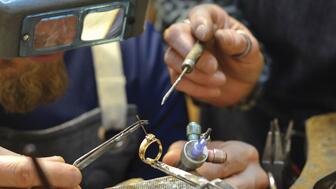
Launched in 2023, the program will help the passing of knowledge between generations and alleviate the shortage of bench jewelers.
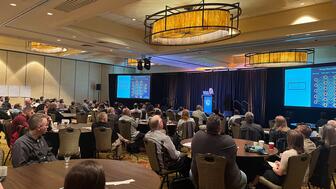
Registration is now open for The Jewelry Symposium, set to take place in Detroit from May 16-19.

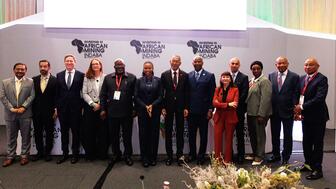
Namibia has formally signed the Luanda Accord, while two key industry organizations pledged to join the Natural Diamond Council.
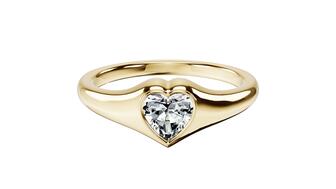
Jewelry is expected to be the No. 1 gift this year in terms of dollars spent.
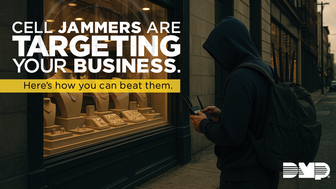
Criminals are using cell jammers to disable alarms, but new technology like JamAlert™ can stop them.
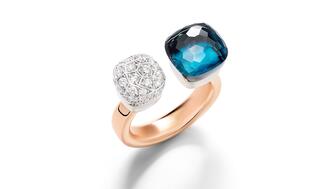
As star brand Gucci continues to struggle, the luxury titan plans to announce a new roadmap to return to growth.
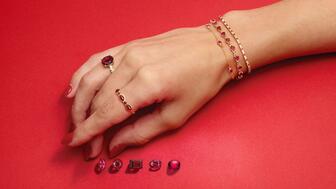
The new category asks entrants for “exceptional” interpretations of the supplier’s 2026 color of the year, which is “Signature Red.”
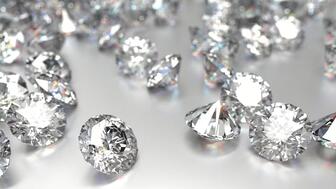
The White House issued an official statement on the deal, which will eliminate tariffs on loose natural diamonds and gemstones from India.
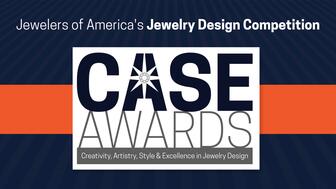
Entries for the jewelry design competition will be accepted through March 20.

The Ohio jeweler’s new layout features a curated collection of brand boutiques to promote storytelling and host in-store events.
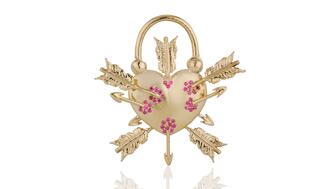
From heart motifs to pink pearls, Valentine’s Day is filled with jewelry imbued with love.

Prosecutors say the man attended arts and craft fairs claiming he was a third-generation jeweler who was a member of the Pueblo tribe.

New CEO Berta de Pablos-Barbier shared her priorities for the Danish jewelry company this year as part of its fourth-quarter results.
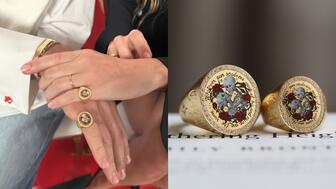
Our Piece of the Week picks are these bespoke rings the “Wuthering Heights” stars have been spotted wearing during the film’s press tour.
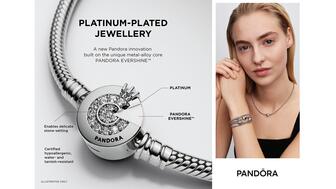
The introduction of platinum plating will reduce its reliance on silver amid volatile price swings, said Pandora.

It would be the third impairment charge in three years on De Beers Group, which continues to grapple with a “challenging” diamond market.


The Omaha jewelry store’s multi-million-dollar renovation is scheduled to begin in mid-May and take about six months.
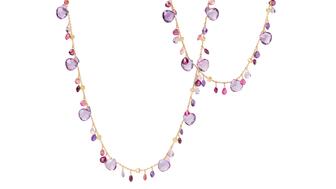
The “Paradise Amethyst” collection focuses on amethyst, pink tourmaline, garnet, and 18-karat yellow gold beads.

The retailer credited its Roberto Coin campaign, in part, for boosting its North America sales.

Sherry Smith unpacks independent retailers’ January performance and gives tips for navigating the slow-growth year ahead.
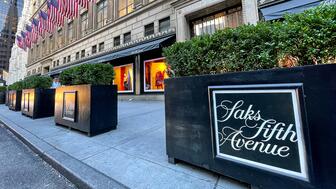
From how to get an invoice paid to getting merchandise returned, JVC’s Sara Yood answers some complex questions.
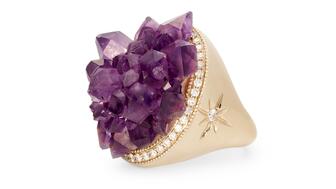
Amethyst, the birthstone for February, is a gemstone to watch this year with its rich purple hue and affordable price point.
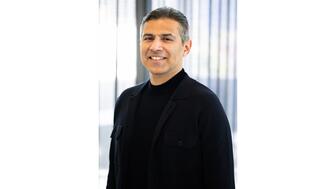
The Italian jewelry company appointed Matteo Cuelli to the newly created role.

The manufacturer said the changes are designed to improve speed, reliability, innovation, and service.





